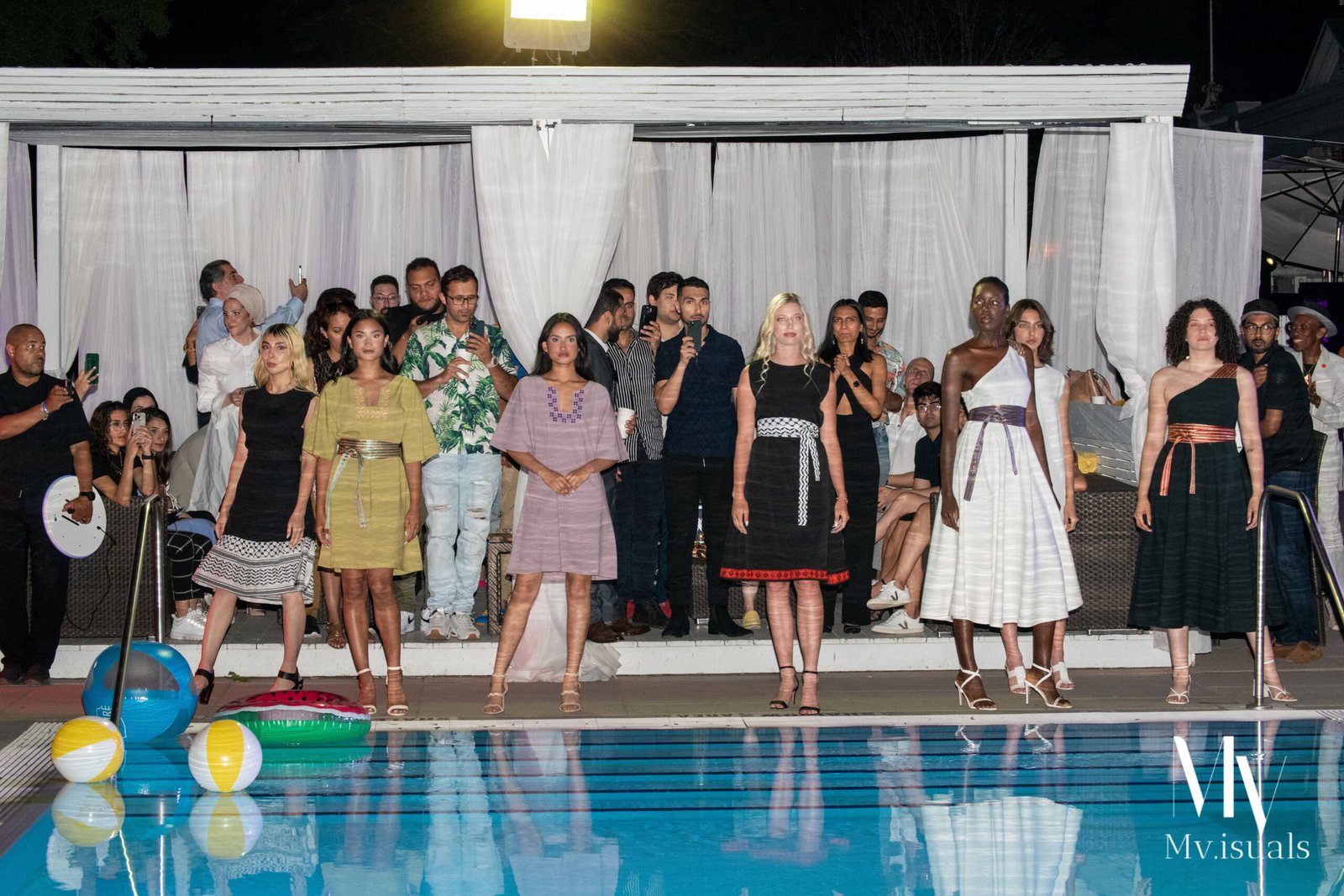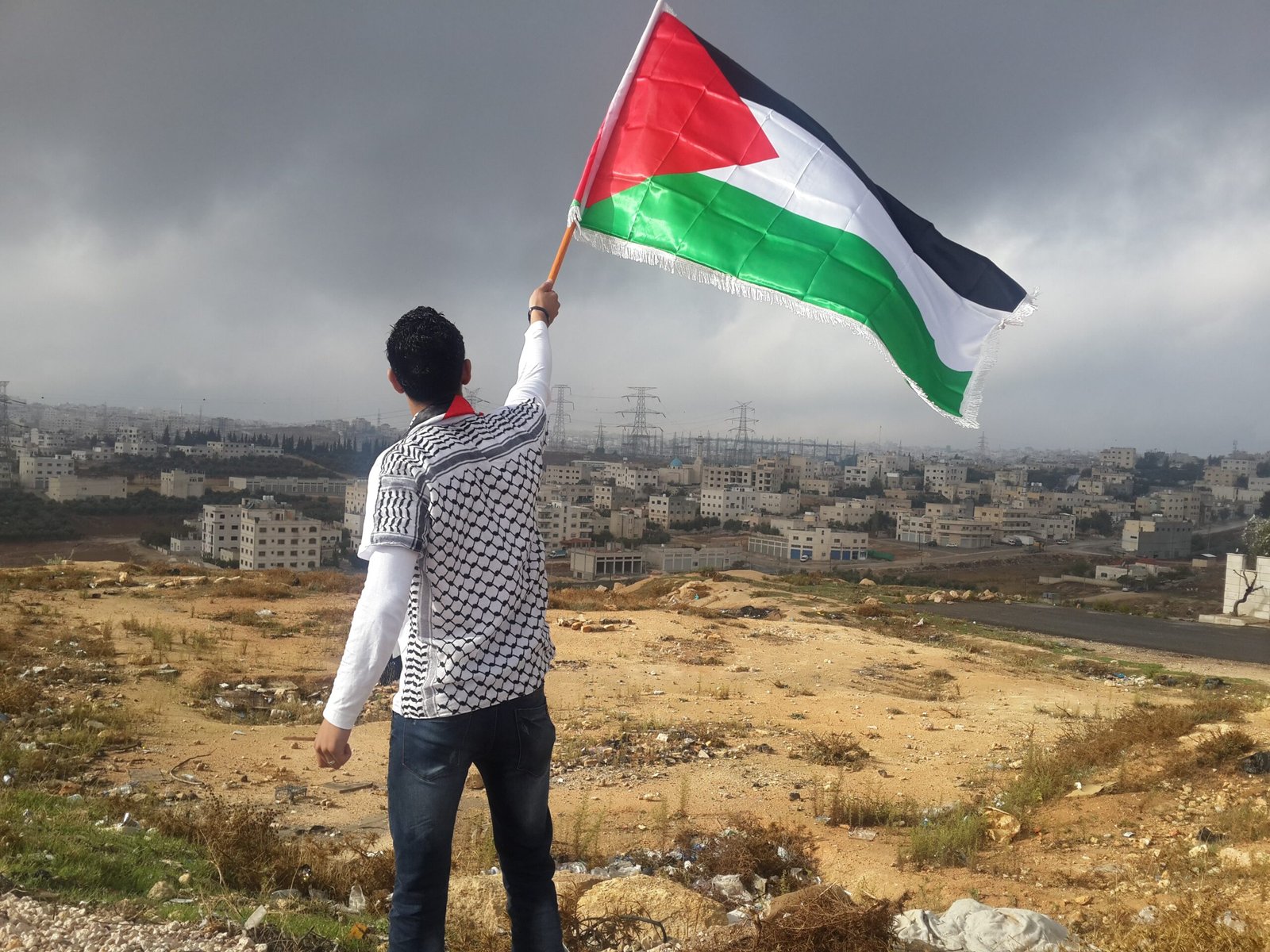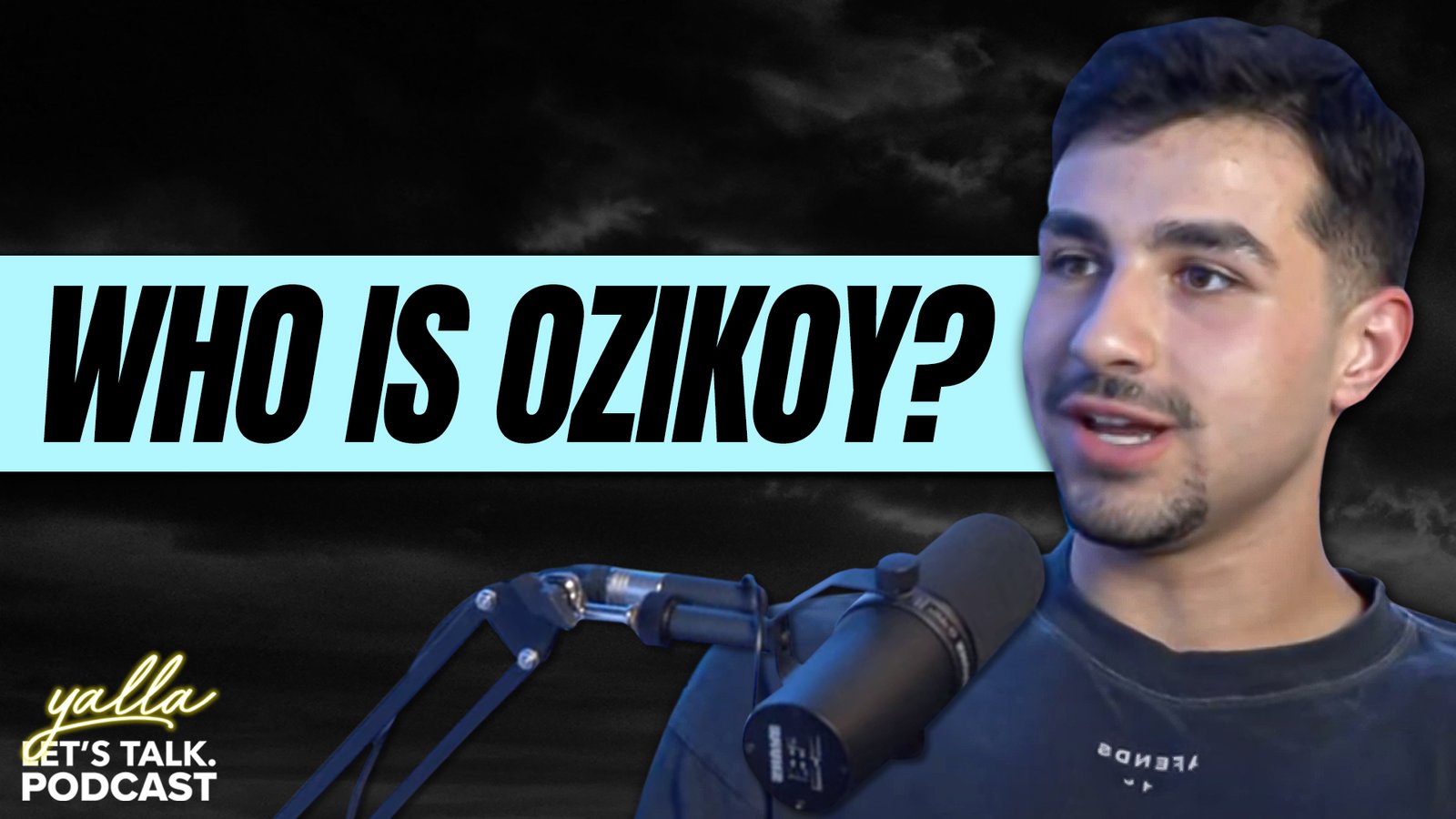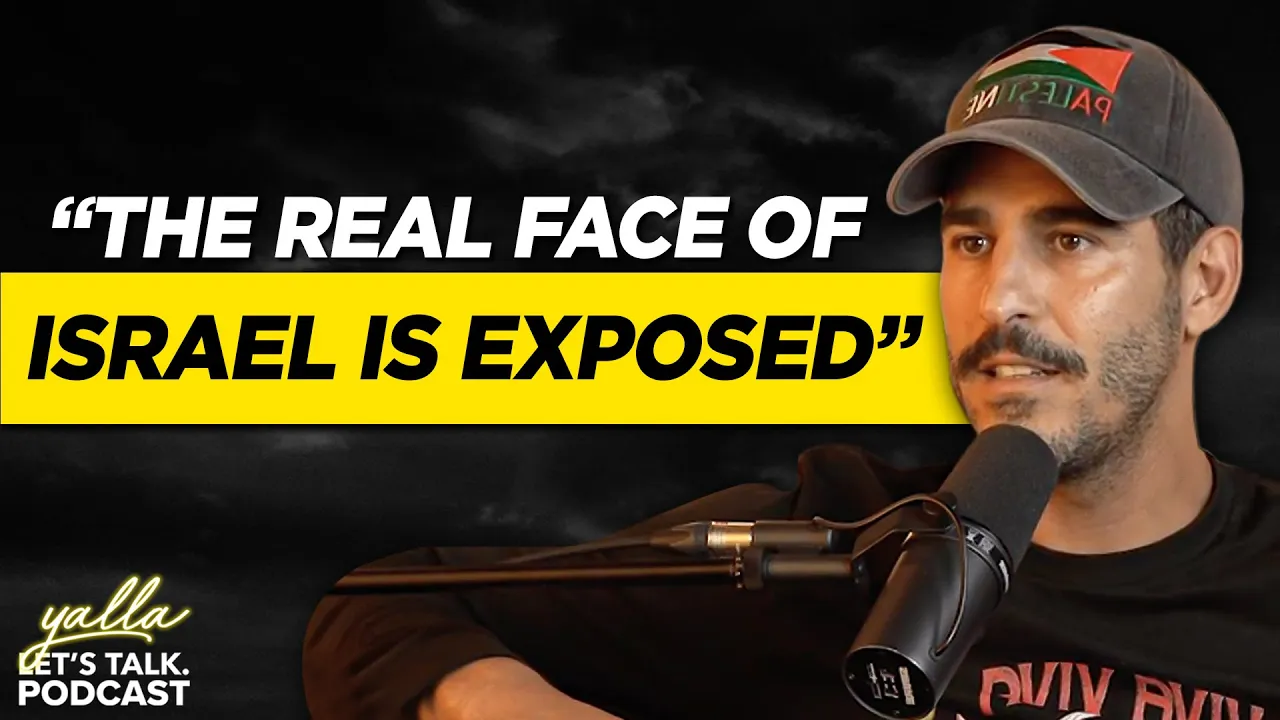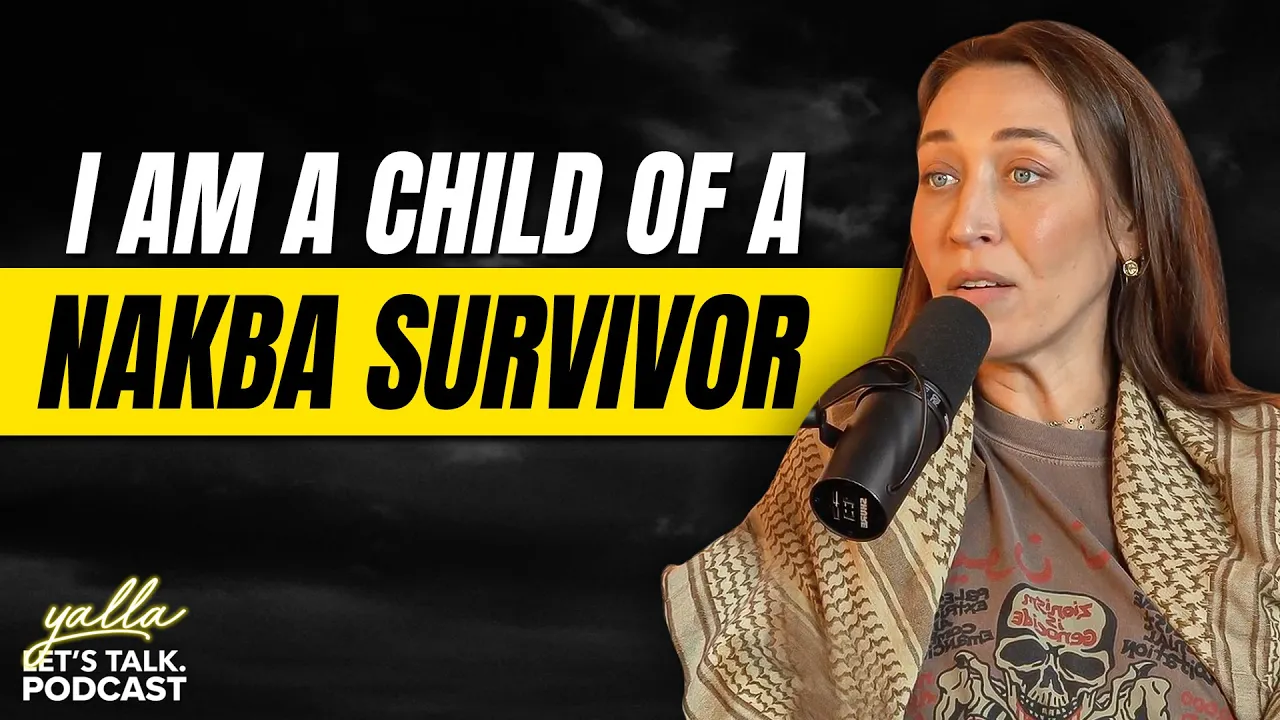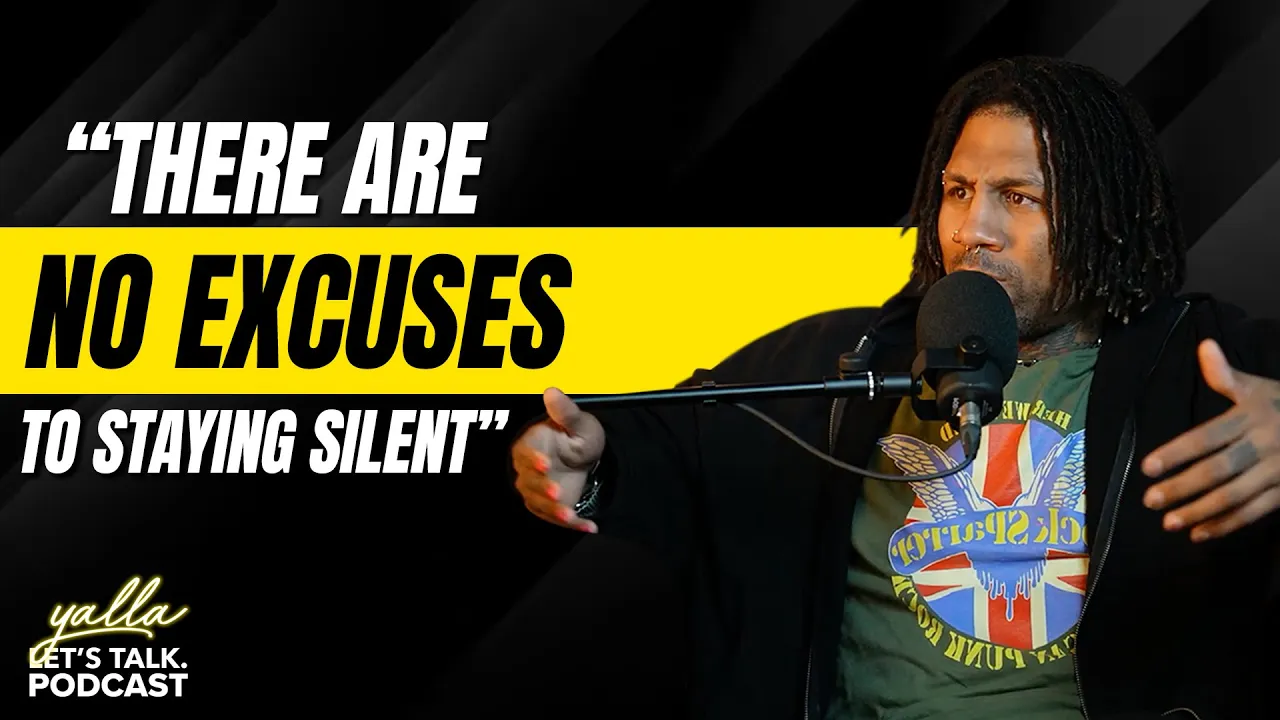I met her at a shabby cafe that I stumbled into. It was my last shot at finding a spot to get some work done. All the other cafes in the surrounding area were packed and I needed to get out of my apartment.
I bought a cup of coffee and looked around for a comfortable spot to settle down. All the booths were taken so I resorted to a wooden table in the corner. The coffee was stale, and the chairs were quite uncomfortable. For a moment, I deliberated – should I just go back home? It would be more comfortable to work on the couch anyway. I brushed the thought aside and committed myself to the wooden table.
As I turned on my laptop, a large bag suddenly dropped on the table. I looked up and saw a woman with smudged eyeglasses looking down at me. She was probably in her thirties. She was holding a bagel, a paper bag, and a cup of coffee. She sat down, stared right at me and said, “I’m sitting here.” She stuttered as she spoke, showing signs of difficulty in her speech, and went on to say, “I…hope that’s okay.”
Looking back at the woman, I noticed that her eyes were slanted. They appeared to have some sort of muscle imbalance – each eye was focusing on a different spot in front of her. Her eyes also moved at a slower speed than her words did. Her hair was disheveled and pulled back in a messy ponytail. Her teeth were small and crooked and her jaw seemed stiff.
I smiled back and said, “yes of course, make yourself comfortable.” I shifted my stuff around to make room for her. I put my right hand out and introduced myself. She reciprocated with her right hand, turning the handshake into a brief clasp, and said, “I’m Leila.” She smiled slightly, as if she hadn’t expected me to be friendly. I noticed that her hands remained clawed while she sat.
I looked back at my screen and returned to my work. Leila pulled out a container of soup from her paper bag and started to eat it with her bagel. She struggled to raise the spoon to her lips and tried to gulp down large portions of soup at a time. It would then slip out of her mouth and drip on her coat and scarf. Suddenly, she looked up and asked, “Do you work?” I nodded and told her that I worked as a researcher.
I lowered my laptop screen slightly and asked her if she worked. She told me that she was looking around. She then asked me, in a pretty sullen way, “did you go to school to be able to do what you do?” I sensed a sort of disappointment in her tone, as if she already knew that I would say yes.
The gaze in Leila’s eyes lagged behind her phrases. Despite the lag, though, her gaze was shrewd. I asked Leila what kind of work she was looking for. She shrugged, each eye still focusing in different directions, and replied with “anything, really.” She had a soft voice.
I then asked her what she wanted to work as. She was a little confused by the question, and I think even more confused by the fact that I kept the conversation going. I clarified: “I’m sure there are things you are passionate about, things you like…” She oriented her eyesight in my direction and slowly broke off parts of her bagel. She then told me: “Women that are pregnant but have addictions to drugs… it’s not their fault. They get blamed but sometimes people are ignorant. Sometimes it’s not the women’s fault.”
I was really humbled by her response. I asked if she wanted to help those women, if that was the kind of work she wanted to do. She smiled at me again, this time showing her teeth. She nodded. I told her that it was very admirable of her to be so compassionate. She wanted to tell me more. “It’s a struggle. It’s hard for parents to have children with developmental disabilities… It’s not easy.” She went on, describing a struggle, but struggling to describe it, “I know from my own experience, it’s very difficult, I know how difficult it is.”
I asked her what her experience was. She very candidly replied, “Well I don’t know you, so I’m not going to tell you.” We both started laughing. Fair enough.
Leila pulled out an apple from her bag and started eating it. I returned to work on my laptop. She noticed that she was chewing her apple loudly and that bits of the apple were falling out of her mouth as she ate it. She started apologizing to everyone around us for it. I just smiled at her, it didn’t bother me in the slightest. A couple of minutes later she pulled out a notebook and a pen from her bag. I couldn’t tell what she was writing down because it was concealed behind my laptop screen. I reminded myself that it was also none of my business and I returned to my work.
She laughed. “That’s really funny.” She found the fact that I was Lebanese amusing, but she wouldn’t tell me why. I started to laugh too. She then asked me: “What’s Lebanon like?” I described it to her – the Mediterranean Sea, the mountains, the food, the nature. I also mentioned that it was chaotic and busy, not as orderly as the city we were in. She got excited and asked, with childlike enthusiasm, if there were any animals in Lebanon and I told her about the foxes and the wolves in the forests. She then asked me to show her a picture. I showed her a picture of Beirut’s coastline and of the Pigeon rock. She grabbed my phone and stared at the photos with wonder. She kept repeating how beautiful it was.
Leila picked up her notebook. I noticed she had drawn some spirals and shapes in the top right corner of the page. She packed the notebook into her bag and said, “I have to go now, but it was very nice to meet you.” I smiled at her and replied that I felt the same way. I wished her luck in her job search and that I hoped to see her one day helping the women and the disabled children she spoke of. She grinned and nodded back at me. Leila got up and patted her hair down. She buttoned up her coat and walked towards the door with her scarf dragging behind her on the floor. Her knees were slightly drawn inward as she moved forward.
The encounter with Leila reminded me and taught me a couple of things. First: Leila has something to say, she has something she’s clearly passionate about. Her surprise towards my question about her interests makes me wonder if people don’t take her thoughts and aspirations seriously because of her disability. Second: Leila shows that having a developmental disability is not the same thing as having mental weakness. These two concepts are very, very different and should not be conflated. If anything, I admire how much mental strength she has in her compassion towards others, in spite of her own challenges, and the prejudice that she may face as a result of it. Third: take a chance on people, you never know what they can teach you.
As I watched Leila leave the cafe that day I thanked myself for sitting my ass down on that uncomfortable wooden chair and sipping that stale coffee. Or else, I never would’ve met her.
Good luck, L. I’m sure you’re gonna kill it – wherever you end up.
By Nour Chehab Eddine
@nour.ch





